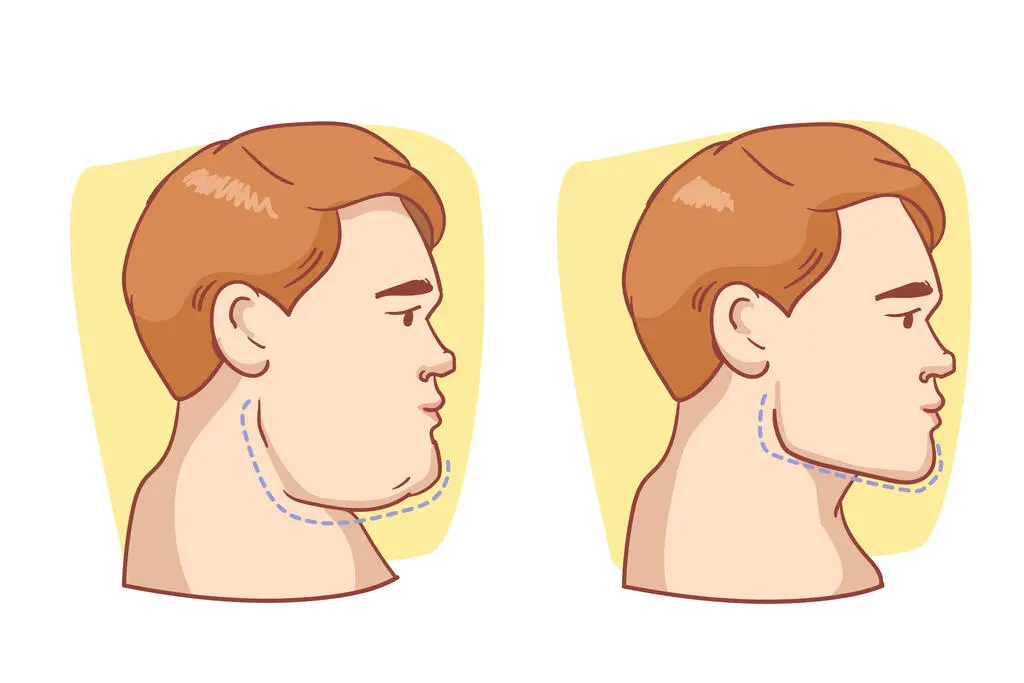Ever experienced a rusty taste in your mouth? Dive into the world of dysgeusia, where taste sensations go awry, often resulting in a metallic flavor.
Uncover the usual suspects causing this odd taste, explore diagnostic approaches, and learn when a medical consultation might be in order.
Discover practical tips to manage and alleviate the metallic taste, and get answers to common questions about this peculiar sensation. No need to fret – understanding and addressing the metallic taste is simpler than you think!
Did you know?
|
Common Reasons for Metallic Taste in the Mouth
The goal is straightforward: identify the source of the unpleasant taste in your mouth. Let’s uncover the typical culprits behind a metallic flavor.
Oral Health Problems
Your oral hygiene practices might be concealing the cause of your metallic taste. Numerous oral health issues could be contributing to this phenomenon.
Gum Disease
Neglecting oral care can result in gum disease, accompanied by a metallic taste. This peculiar flavor is associated with bleeding gums. Regular dental check-ups and addressing gum problems are essential to eliminating this metallic taste.
Inadequate Oral Hygiene
Skipping regular brushing or flossing allows bacteria to accumulate in your mouth, potentially causing a metallic taste. The remedy is simple: brush your teeth twice a day, floss regularly, and maintain optimal oral hygiene.
Burning Mouth Syndrome
This syndrome manifests as both hot and metallic tastes. Medical intervention can address the symptoms, with doctors prescribing tricyclic antidepressants, benzodiazepines, gabapentin, or psychotherapy.
Mouth Injury or Oral Surgery
Injuring your mouth or undergoing recent oral surgery can also result in a metallic taste. This taste persists until your wounds heal, and bleeding ceases.
Health Conditions and Infections
Certain health issues can disrupt your sense of taste, leading to a metallic flavor in your mouth.
Colds and Sinus Problems
Common colds or sinus issues are the culprits behind a metallic taste. As the infection clears, your taste typically returns to normal.
Sjogren’s Syndrome
Characterized by mouth dryness and other symptoms, Sjogren’s Syndrome can leave a lingering metallic taste in your mouth.
Diabetes and Low Blood Sugar
Diabetes or low blood sugar levels may alter your sense of taste. When blood sugar drops significantly, a metallic taste in the mouth may occur.
Kidney Failure
Issues with the kidneys, leading to increased uric acid, can impact taste, potentially resulting in a metallic taste.
Conclusion
While a metallic taste in the mouth can be bothersome, the good news is that it can often be managed and potentially resolved. Identifying the underlying cause is a crucial step in addressing it.
Seeking medical advice for diagnosis and treatment is essential, and adopting a healthy lifestyle can contribute significantly.
If the metallic taste is linked to an underlying health issue or medication, collaborating with your healthcare provider is key. Pay attention to changes in your body, openly discuss them with your doctor, and take proactive steps for overall well-being.
Frequently Asked Questions
What deficiency causes a metallic taste in the mouth?
A metallic taste in the mouth can be caused by various deficiencies, with zinc deficiency being one common factor. However, it’s important to consult with a healthcare professional for an accurate diagnosis.
Is a metallic taste a sign of something serious?
A metallic taste in the mouth can be a symptom of different conditions, and while it’s often not serious, it can indicate underlying health issues such as oral health problems, infections, or certain medical conditions. If the taste persists or is accompanied by other concerning symptoms, it’s advisable to seek medical attention for a proper evaluation.
How long does a metallic taste typically last?
The duration of a metallic taste in the mouth varies depending on the underlying cause. It may be temporary and resolve on its own, or it could persist if linked to an ongoing health issue. If the metallic taste lingers for an extended period, consulting with a healthcare provider is recommended for a comprehensive assessment.

















